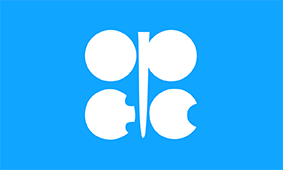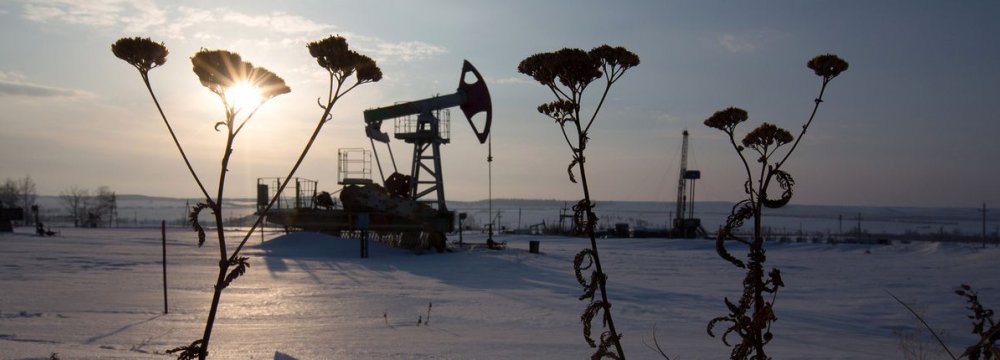
OPEC Warns Wall Street on NOPEC


Suhail Mohammed Al Mazrouei, the United Arab Emirates oil minister and the former president of OPEC, told a group of US financiers that if the so-called NOPEC bill becomes law, the organization would stop working and therefore every member would raise production to maximum capacity, causing a crash in oil prices, according to people who attended the meeting, Bloomberg reported.
The discussion took place in a closed-door meeting between Organization of Petroleum Exporting Countries officials and the financial community on the sidelines of the annual CERAWeek conference by IHS Markit in Houston, according to the people who asked not to be identified because the talks were private.
While lower oil prices would be pleasing to consumers -- and to a US president who has called several times for OPEC to keep output levels high -- the warning is an example of how the organization is trying to convince US shale producers and their financial backers that they should join the effort to try to stop the bill.
The American Petroleum Institute has stated its opposition to the measure, but OPEC is taking aim at the financial industry that plays a big role providing billions of dollars in debt and equity to US drillers.
OPEC has been publicly vocal about its opposition to the measure, without painting a doomsday scenario as it did privately.
"NOPEC legislation won’t serve the US interest," OPEC Secretary General Mohammad Barkindo said on Tuesday in Houston.
Some oil executives have joined in the fight. The Chief Executive Officer of London-based BP Plc said Tuesday that one of his messages to the Trump administration is to avoid disrupting oil markets too much. He singled out the NOPEC legislation, which “could have severe unintended consequences if it unleashed litigation around the world.”


Trump weighs using $2 billion in CHIPS Act funding for critical minerals

Electra converts debt, launches $30M raise to jumpstart stalled cobalt refinery

Codelco cuts 2025 copper forecast after El Teniente mine collapse

Barrick’s Reko Diq in line for $410M ADB backing

Abcourt readies Sleeping Giant mill to pour first gold since 2014

SQM boosts lithium supply plans as prices flick higher

Nevada army depot to serve as base for first US strategic minerals stockpile

Pan American locks in $2.1B takeover of MAG Silver

Viridis unveils 200Mt initial reserve for Brazil rare earth project

Kyrgyzstan kicks off underground gold mining at Kumtor

Kyrgyzstan kicks off underground gold mining at Kumtor

KoBold Metals granted lithium exploration rights in Congo

Freeport Indonesia to wrap up Gresik plant repairs by early September

Energy Fuels soars on Vulcan Elements partnership

Northern Dynasty sticks to proposal in battle to lift Pebble mine veto

Giustra-backed mining firm teams up with informal miners in Colombia

Critical Metals signs agreement to supply rare earth to US government-funded facility

China extends rare earth controls to imported material

Galan Lithium proceeds with $13M financing for Argentina project

Kyrgyzstan kicks off underground gold mining at Kumtor

Freeport Indonesia to wrap up Gresik plant repairs by early September

Energy Fuels soars on Vulcan Elements partnership

Northern Dynasty sticks to proposal in battle to lift Pebble mine veto

Giustra-backed mining firm teams up with informal miners in Colombia

Critical Metals signs agreement to supply rare earth to US government-funded facility

China extends rare earth controls to imported material

Galan Lithium proceeds with $13M financing for Argentina project

Silver price touches $39 as market weighs rate cut outlook

















